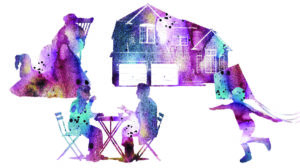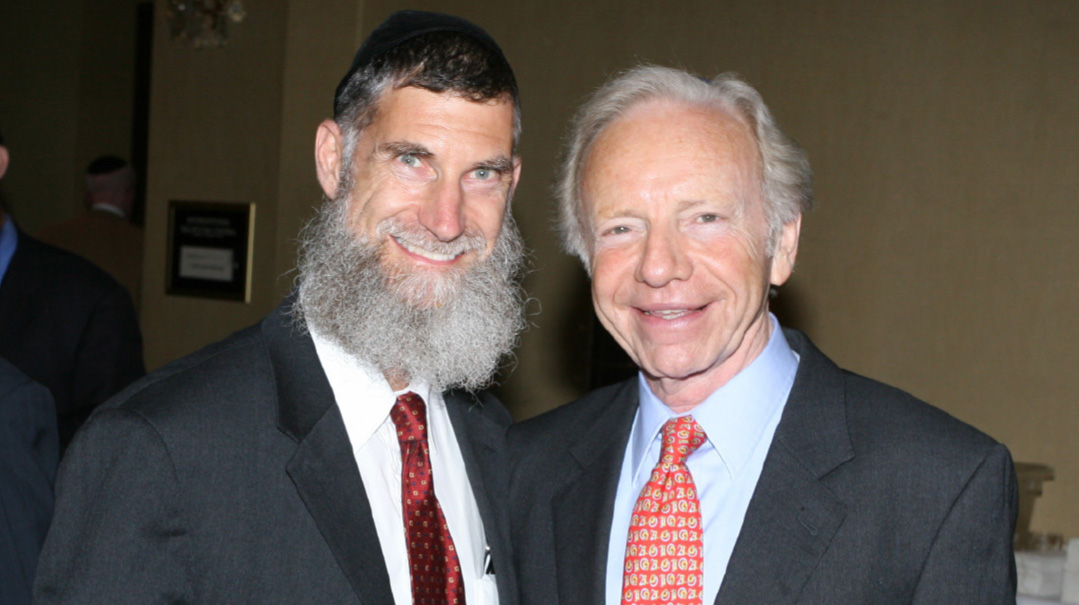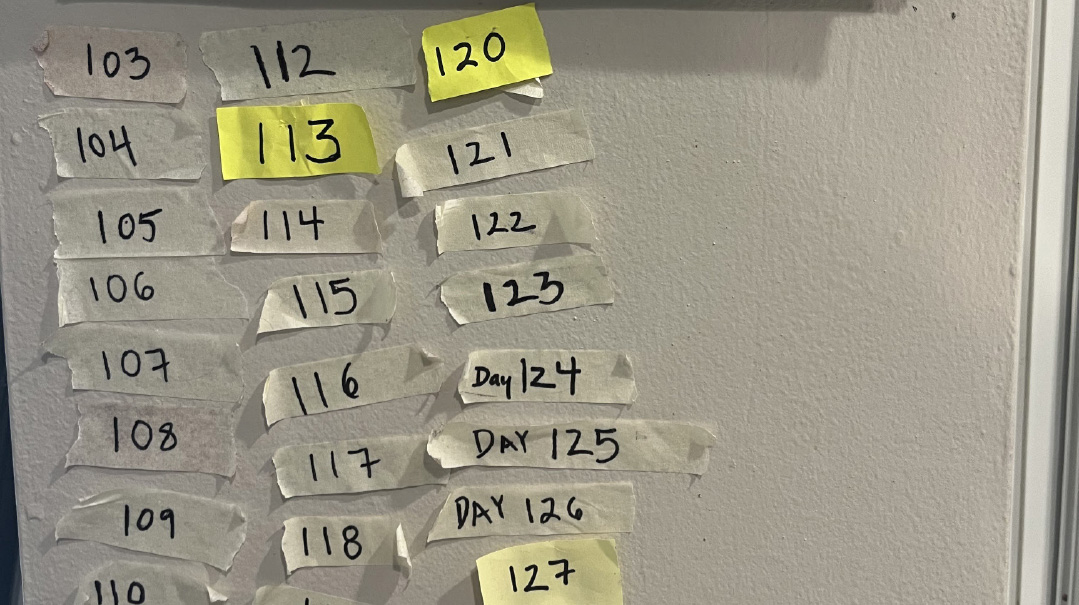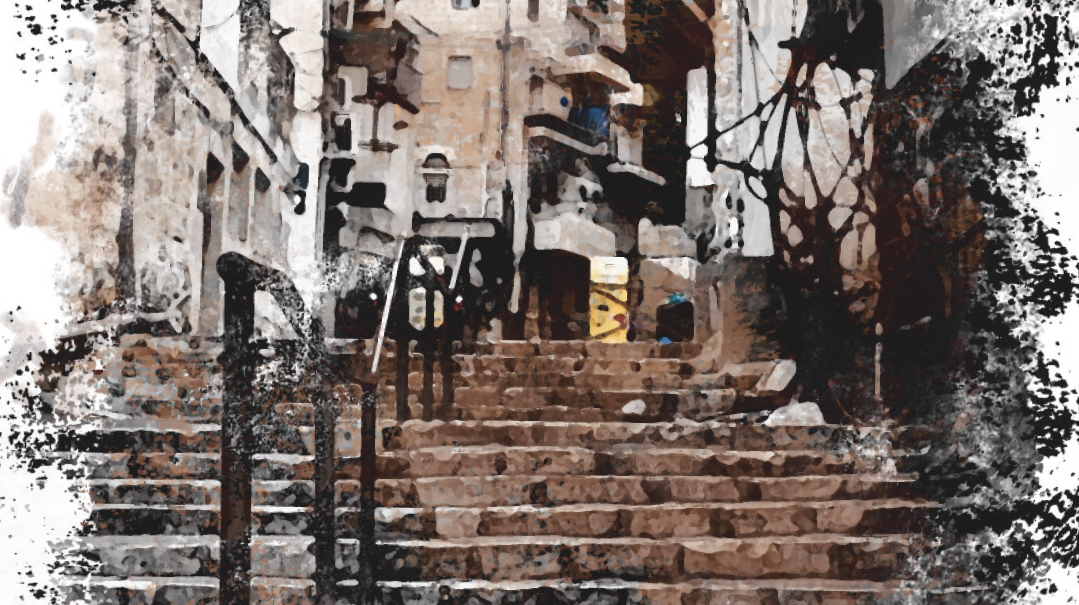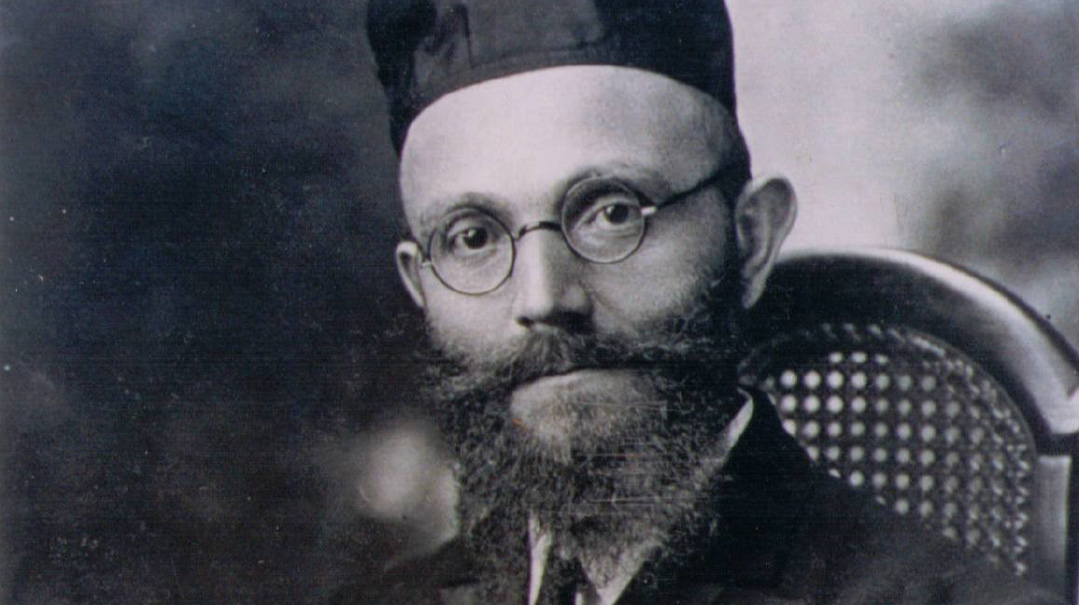Solace of Silence

For the first time since we met, I had nothing to say to my friend
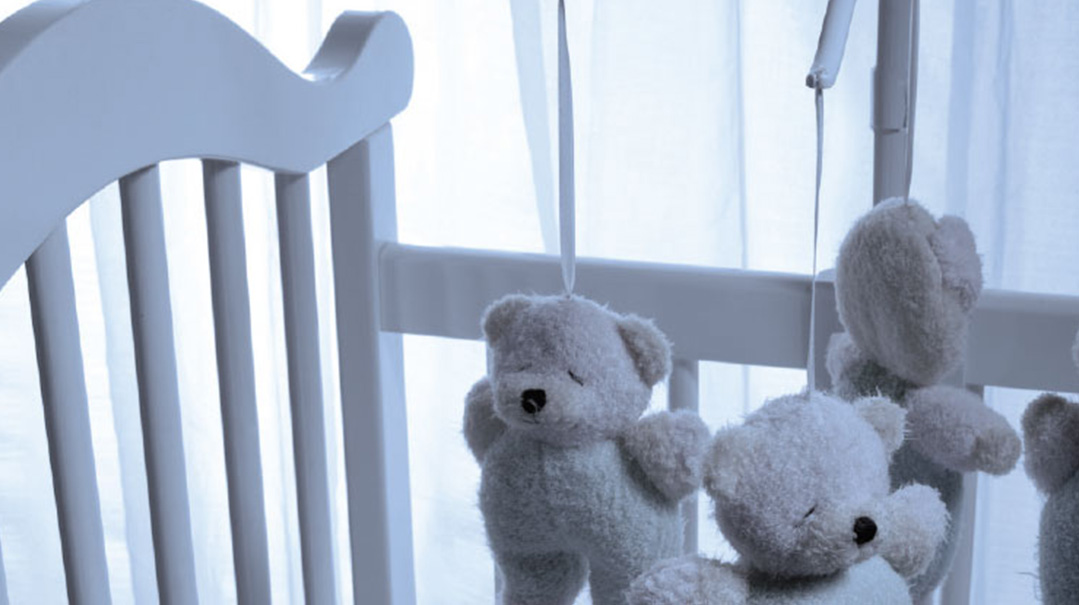
Our friendship was as if predestined, all but inevitable. In practically all areas we shared identical preferences; our opinions, sentiments, viewpoints, all uncannily alike. We married within a few months of each other and settled in the same neighborhood in Israel.
On November 9, I caught him davening at the early Shacharis minyan. Apparently, we’d both been up since 5:00 a.m. following the election results.
We celebrated milestones together as well. We had our respective firstborns within a week of each other, and then, some two years later, we each celebrated the birth of another child.
It was as if our very lives were synchronized, until…
They call it SIDS. As if giving the dreaded nightmare a technical medical term somehow ratifies it, makes it more palatable. It doesn’t. I really didn’t care what it was or how it happened, only that my friend’s adorable infant, whose bris I’d attended just four months earlier, was gone. Gone forever, leaving a gaping void in the happy, beautiful family in which he’d played such a central role.
And for the first time since we met, I had nothing to say to my friend.
I trudged over to the shivah home anyway, the home I’d been to on so many happy occasions. It was a block away but it may as well have been in a different country, a different universe.
I took a seat, sinking into the cloudy, bitter silence that permeated the room.
Do grown men cry? They can certainly pretend not to.
I sat there silently, saying, doing, thinking nothing.
And then I stood up, coughed out a “HaMakom Yenacheim eschem” and scurried off into the safety of the street below, where the tough-guy poker face could be comfortably discarded together with all the other petty, meaningless concerns of life.
A few days later I was back at the shivah, then again the day after that. Conversation did pick up at some points, technical details like which rabbanim paid a visit and which family members were coming in from America.
But for the most part there was silence.
Shivah ended, life expected to go on as usual. I still see my friend in shul and we’ll share a few words. Things like MBD’s new album, the latest scandal in the White House, but then, inevitably there’s the silence, the unspoken words drowning out everything else.
And amid the blur of emotions, the sympathy and the sadness, I find myself consumed with a different feeling altogether: Failure.
Why can’t I find anything to say? Have I failed as a friend? Or maybe the friendship was really this shallow all along; good enough to compare notes on political debates but worthless when it comes to what counts.
And maybe it’s selfish of me, but these thoughts hurt, almost as much as the tragedy itself.
But after a while I realized something.
My silence doesn’t come from a lack of what to say, but rather, the inability to say it.
I’d love to sit down with my friend, express just how strongly I’ve been affected, how deeply I share in his sorrow.
I just don’t know how. Which words should I use? Pain? Hurt? Misery? I’ve used those words to describe stubbed toes and failed math tests, worlds apart from what I’m feeling now.
Should I pepper them with spectacular adjectives like “unfathomable” or “inconceivable”?
These words are easy to write, but in the real world, the world I am now confronted with, they, too, are pitifully meaningless.
And so I am silent, my silence an expression of that undefinable something that only a true friend can feel.
I have come to believe that silence can sometimes be the greatest token of friendship possible.
I can only hope that my friend believes it as well.
(Originally featured in Mishpacha, Issue 670)
Oops! We could not locate your form.




